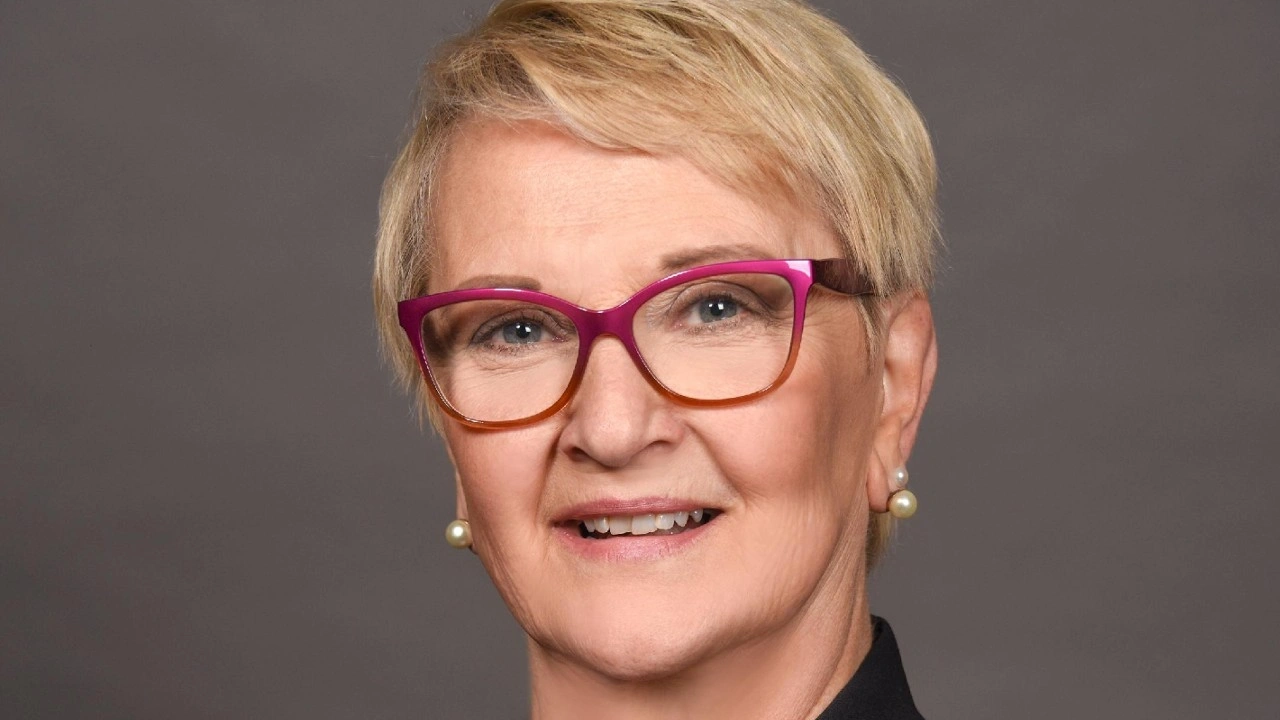Minnesota Supreme Court stops recall election for Columbia Heights council member

Councilmember KT Jacobs (Courtesy: Columbia Heights)
A recall election for a member of the Columbia Heights City Council will not take place next week after all.
Friday, the Minnesota Supreme Court ruled that a recall for Kay “KT” Jacobs should be canceled because the grounds for her recall were insufficient.
It’s the latest development in the saga, which dates back to 2022 when Jacobs allegedly questioned then-council candidate Justice Spriggs if he was “really biracial” and whether he had been raised in a white or Black household. Spriggs was subsequently elected and currently sits on the council.
An independent investigation then determined that Jacobs “failed to conduct herself ethically and in accordance with the city council code of conduct,” and the council and mayor approved a motion asking Jacobs to resign.
However, she hasn’t budged and a recall effort was started. While a lengthier brief explaining the high court’s decision will be released at a later time, Friday’s filing states that the initial petition to recall Jacobs was submitted in June and deemed insufficient by the city clerk due to a lack of signatures. However, the group behind the effort resubmitted the petition the next month with more signatures that was deemed sufficient and the council then approved a resolution at its July 24 meeting to hold a recall election for Jacobs on Feb. 13.
Jacobs sued in September, alleging the recall was unlawful because it didn’t follow requirements for a recall and didn’t allege that she committed malfeasance or nonfeasance.
While her petition was initially denied in November, she appealed to the high court for accelerated review. After hearing arguments earlier this week, the justices agreed with Jacobs, saying a municipal officer can only be recalled if they committed “malfeasance or nonfeasance in office.”
The city declined to comment further on the matter.
In a statement, Jacobs’ attorney wrote:
“There was never any merit to this recall effort. It’s unfortunate that it got this far, particularly since we tried to put a stop to it even before the vote was taken last July to schedule the election. But the Minnesota Supreme Court got it right, and my client is eager to put this very difficult experience behind her.”